South Africa considers truck charging network based on solar island solutions
The idea for the off-grid charging stations comes from Zero Carbon Charge, a company based in Vredendal, South Africa. The company is currently working on building an HPC network for cars in South Africa based on the principle of off-grid solar power. The first 120 charging stations are to be installed by September 2025, as reported in October 2023. To transfer the concept to the truck sector, Zero Carbon Charge founded a subsidiary called Zero Carbon Logistics at the beginning of this month, which is also aiming to set up 120 charging stations for electric trucks on national motorways throughout South Africa. The first truck charging stations are scheduled to open in 2027.
The architectural design and construction plans for the charging parks envisage ultra-fast charging technology in conjunction with modular battery packs developed in China, according to Zero Carbon Charge. A large part of the space at each location will be taken up by photovoltaic systems, which are expected to deliver 35 megawatts peak. Although the initiators are not yet commenting on the specific output of the planned chargers, the aim is “being able to charge a truck within 20 minutes”, which is only possible for heavy trucks with charging capacities in the megawatt range.
Another focus of the project is the creation of safe and clean rest areas for truck drivers. Each station will have toilets and a shop, fast wifi as well as repair and washing facilities for trucks. The truck parks will also be monitored around the clock by CCTV cameras linked to local security companies.
“This offering is in response to the growing shift by major truck manufacturers to producing electric truck models, with many truck manufacturers already committed to achieving full electric transition by 2040,” Zero Carbon Logistics wrote. In South Africa, 8+ brands already launched their electric truck range.”
The newly founded subsidiary plans to set up the first six sites on the N3 freight transport route between Durban and Johannesburg. Around 8,700 lorries are expected to travel this route every day. According to the project initiators, replacing these petrol-powered trucks with electric models could save 670 kilograms of CO2 emissions per truck per day. However, the team believes that electrification will only become a clean technology thanks to solar power.
“Every day, 8 756 trucks travel on the N3 between Durban and Johannesburg, using over 658 million litres of fuel at an import cost of R8 billion, emitting 1,781,256,762 kg of CO2 emissions per year. Replacing these fuel powered trucks with electric models will save 670 kg of CO2 emissions per truck per day, significantly reducing our country’s reliance on expensive dirty fossil fuel imports.”
Further, the company calculates: “In light of Eskom’s electricity network being powered primarily by dirty coal for the foreseeable future, a major shift towards electric trucks poses the real risk of increased CO2 emissions. Zero Carbon Charge’s research shows that an electric truck charged by the Eskom network could emit 37.5% more CO2e emissions per kilometre compared to an equivalent diesel powered truck.” Eskom is South Africa’s state-owned energy supplier. The power company is considered to be one of the parties responsible for the “dramatic electricity crisis in South Africa” due to corruption and mismanagement. But only in passing.
The project participants have now initiated the approval process for the first six sites on the N3 – “and we hope to be up and running by November 2027,” says Andries Malherbe, co-founder of Zero Carbon Charge. In his view, South Africa has considerable potential for renewable energy, particularly solar and wind energy, which could be used to operate charging stations.
The initiators began acquiring suitable sites last year. The company signed the contract for the first site to build a truck charging park in April 2023 and the team hopes to start construction work in mid-2025. Following the launch along the N3, further charging parks are to be built along all of South Africa’s major transport routes.
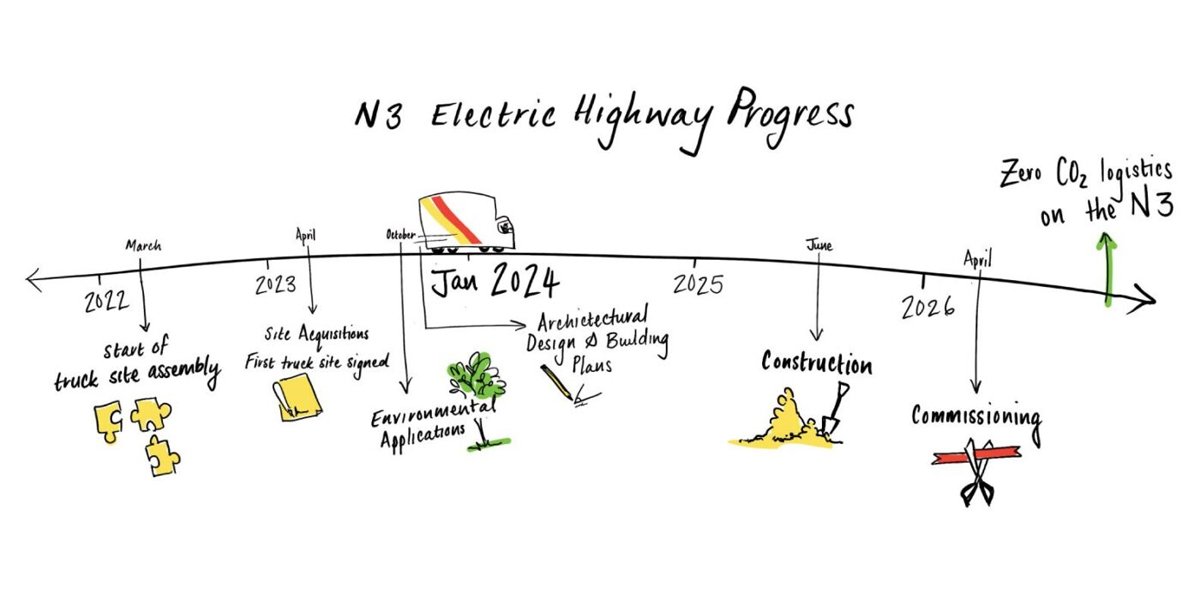
Joubert Roux, also co-founder of Zero Carbon Charge, describes the establishment of the subsidiary as an important milestone: “We are extremely excited to be launching our ambitious Zero Carbon Logistic project, which feeds off the foundation created by Zero Carbon Charge that remains on track to have built 120 electric passenger vehicle charging stations across the country by September 2025.” However, he also points out that obtaining the necessary government permits for the construction of the sites is crucial to the success of the charging network for electric trucks. “In this regard, we would like to thank the Green Energy unit from InvestSA in the Department of Trade, Industry and Competition (DTIC) as well as the KwaZulu Natal Trade and Industry Authority for the guidance they have provided thus far to get the project off the ground. We remain committed to continue working with government to create mass scale renewable energy solutions that will support our country’s shift to green mobility and the creation of a net-zero transport industry.”
South Africa is pursuing environmental goals in transport that are set out in the Green Transport Strategy. The aim is to reduce greenhouse gas emissions and other environmental impacts of the transport sector by 5 per cent by 2050, while maximising the role of transport in promoting economic growth.

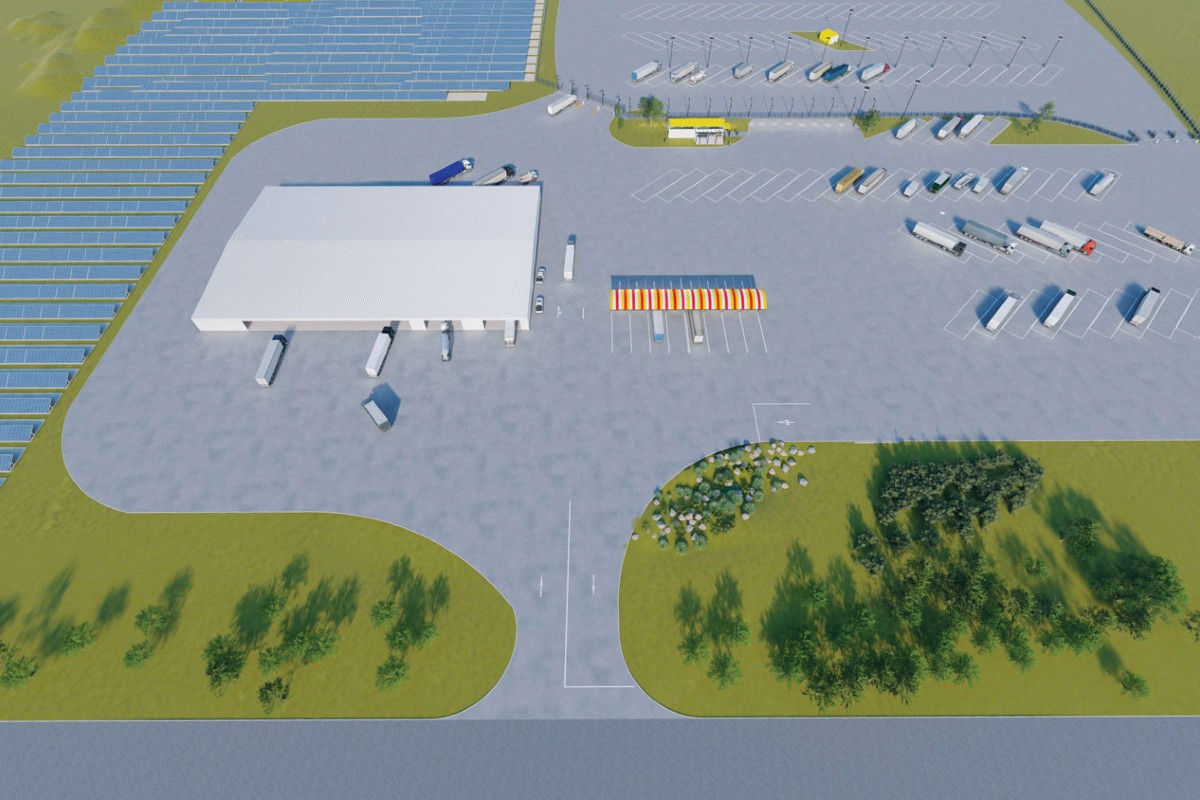
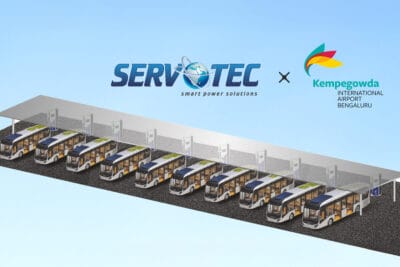
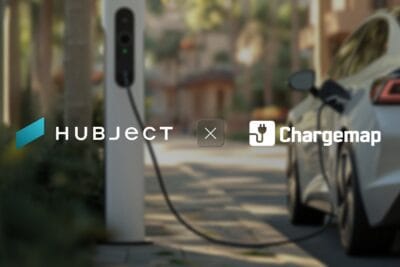
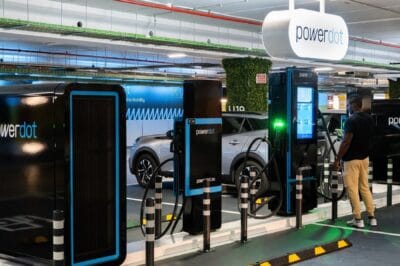
0 Comments